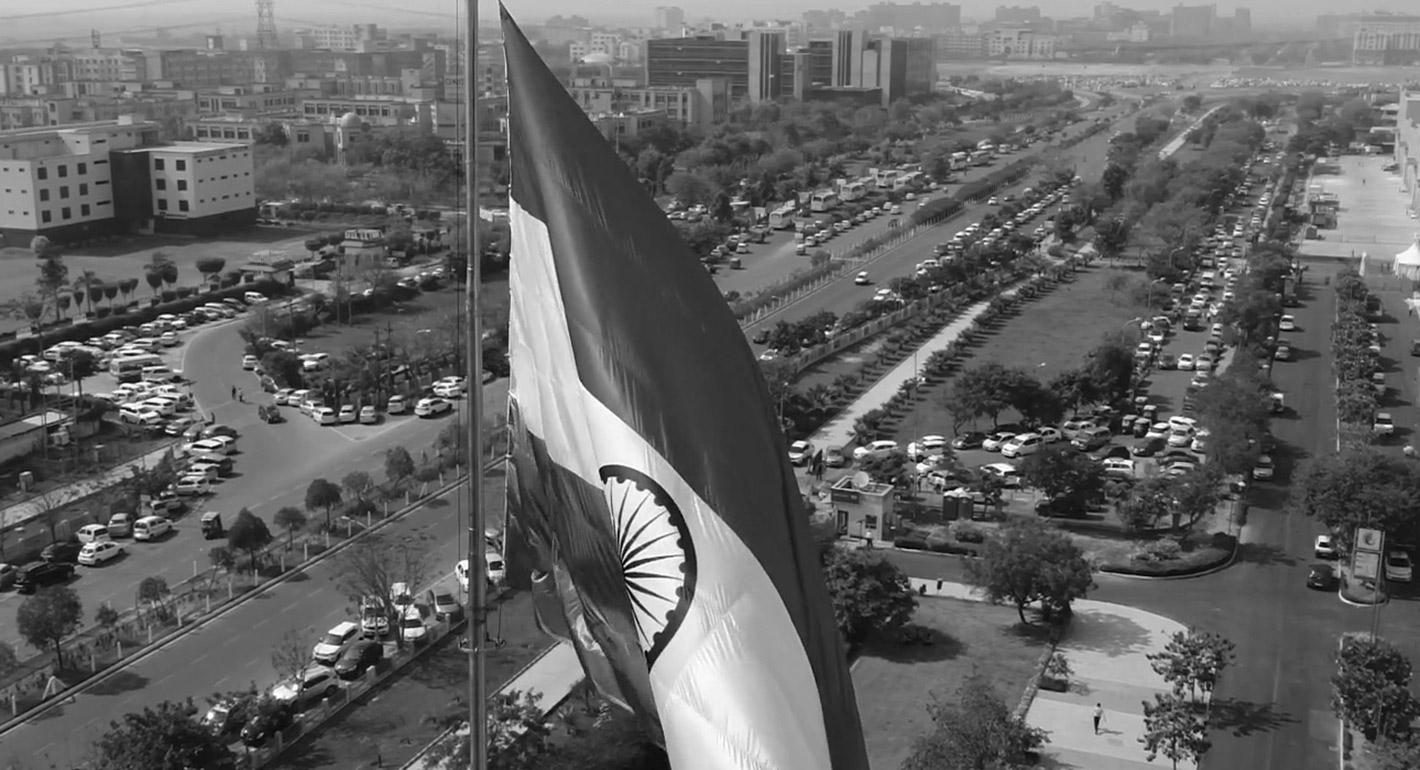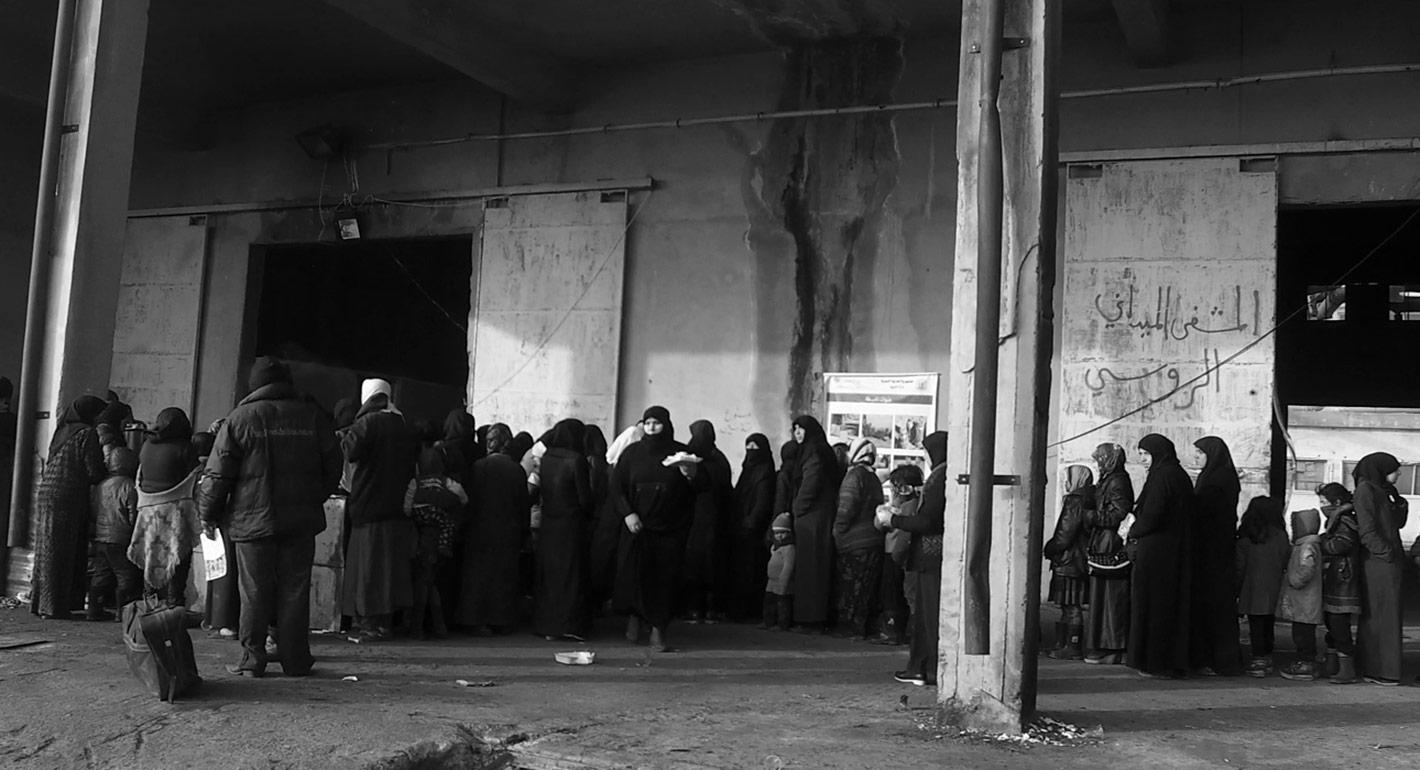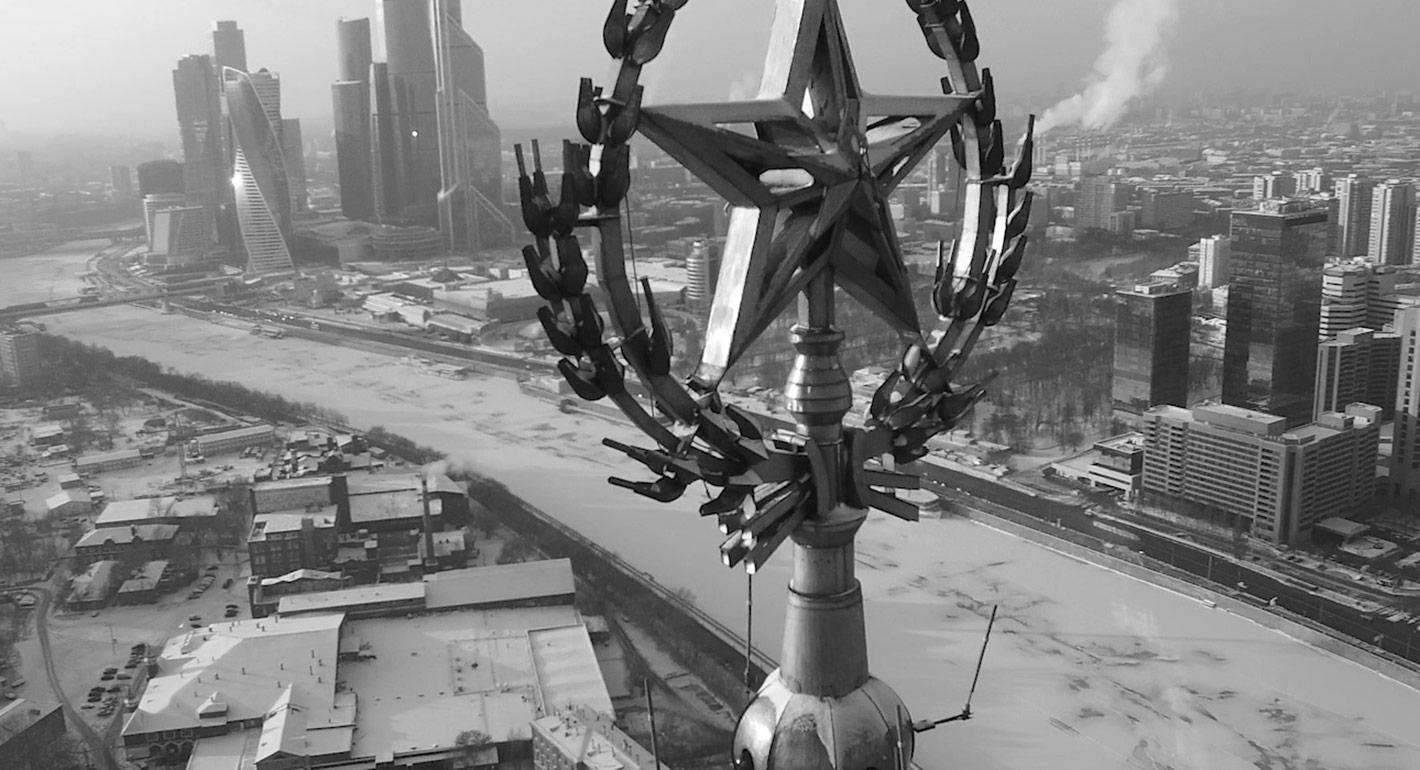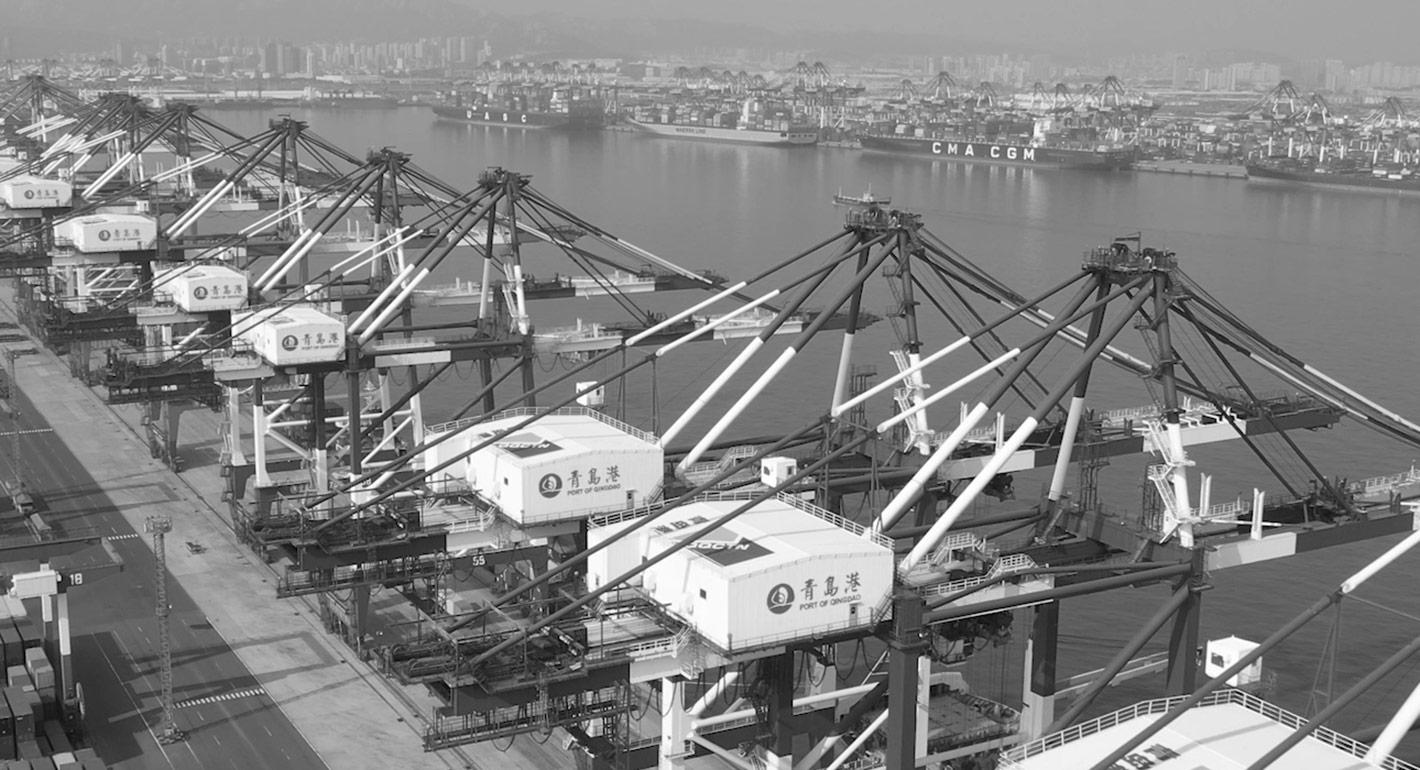- +1
Sumitra Badrinathan, Devesh Kapur, Andy Robaina, …
{
"authors": [
"Milan Vaishnav"
],
"type": "commentary",
"centerAffiliationAll": "dc",
"centers": [
"Carnegie Endowment for International Peace"
],
"collections": [
"The Day After: Navigating a Post-Pandemic World"
],
"englishNewsletterAll": "",
"nonEnglishNewsletterAll": "",
"primaryCenter": "Carnegie Endowment for International Peace",
"programAffiliation": "SAP",
"programs": [
"South Asia"
],
"projects": [],
"regions": [],
"topics": []
}
Source: Getty
On India’s Domestic Challenge
Pre-pandemic trends look likely to continue, centralizing more power in Prime Minister Narendra Modi’s Hindu nationalist government.
The onset of the coronavirus pandemic in India coincided with the sixth anniversary of Prime Minister Narendra Modi’s government, a period distinguished by three key trends that will be further entrenched as the country copes with the fallout of this historic shock.
First, India has become markedly more polarized. The emergence of the Bharatiya Janata Party (BJP) as the central pole of Indian politics has reordered religious, caste, and partisan dynamics. Second, Modi has adopted the most centralized posture of any national government since Indira Gandhi’s Congress Party of the 1970s. Third, accountability agencies, which had acted as a check on executive power during the quarter century of coalition politics prior to 2014, have suffered a decline in their institutional integrity.
The emergence of the Bharatiya Janata Party (BJP) as the central pole of Indian politics has reordered religious, caste, and partisan dynamics.
After his reelection in May 2019, Modi wasted no time implementing core objectives of the BJP’s pro-Hindu agenda. Many of these—the abrogation of Jammu and Kashmir’s special status under Article 370, the enactment of a law to expedite citizenship for non-Muslim minorities seeking refuge in India, and the promulgation of a bill criminalizing the Islamic practice of instant divorce—represent deeply held convictions espoused by successive generations of BJP leaders.
While some commentators have speculated that the pandemic might displace such majoritarian tendencies, such a shift is unlikely. Economic dislocation will increase pressure on scarce government resources, potentially prompting further claims that India’s religious minorities receive prized access to state largesse at the expense of the Hindu majority. Even in the early days of the pandemic, the revelation that an Islamic gathering may have effectively served as a viral super-spreader event fueled a litany of communally tinged assertions by nationalist voices.
The centralization of government authority is also unlikely to be curbed. New Delhi’s early decision to invoke the draconian Disaster Management Act granted the central government wide berth in implementing a nationwide lockdown. In the absence of an effective coordinating body to mediate relations between New Delhi and the states, the former’s ability to set the policy agenda and frame the corresponding narrative will continue unabated. In fact, the central government could gain an even stronger grip on the country’s purse strings, given India’s projected financial strains and the imbalanced fiscal architecture that grants New Delhi control over most revenue. In late July, the central government alerted state capitals that, thanks to severe revenue shortfalls, it would be unable to pay states the share of tax revenue they are guaranteed under India’s wide-ranging national value-added tax.
The central government could gain an even stronger grip on the country’s purse strings.
Through a combination of deference, interference, and neglect, India’s referee institutions—from legislatures to courts to investigative bodies—have been largely tamed by a powerful, expansive executive. Amid the prolonged crises of the pandemic era, available evidence does not suggest that these institutions will muster the will to question broad executive decisionmaking. On critical issues such as privacy, individual rights, and public health, the executive looks poised to retain the upper hand.
About the Author

Director and Senior Fellow, South Asia Program
Milan Vaishnav is a senior fellow and director of the South Asia Program and the host of the Grand Tamasha podcast at the Carnegie Endowment for International Peace. His primary research focus is the political economy of India, and he examines issues such as corruption and governance, state capacity, distributive politics, and electoral behavior. He also conducts research on the Indian diaspora.
- Indian Americans Still Lean Left. Just Not as Reliably.Commentary
- Indian Americans in a Time of Turbulence: 2026 Survey ResultsPaper
- +1
Milan Vaishnav, Sumitra Badrinathan, Devesh Kapur, …
Recent Work
Carnegie does not take institutional positions on public policy issues; the views represented herein are those of the author(s) and do not necessarily reflect the views of Carnegie, its staff, or its trustees.
More Work from Carnegie Endowment for International Peace
- India’s Path to the Big LeaguesCommentary
India can play a larger role on the world stage, but it must first restore its economic momentum and liberal credentials.
Ashley J. Tellis
- A Coming Decade of Arab DecisionsCommentary
As the old order in the Arab world collapses, the region needs governance that can resolve its crises and harness its potential.
Marwan Muasher, Maha Yahya
- Reckoning With a Resurgent RussiaCommentary
The greatest obstacle to countering Russia’s hard-edged foreign policy has been the West’s incoherent response.
Andrew S. Weiss, Eugene Rumer
- A U.S. Foreign Policy for the Middle ClassCommentary
The United States must secure the benefits of a globalized economy while protecting itself from systemic shocks and supporting the economic renewal of middle-class communities.
Rozlyn C. Engel
- Asia’s Future Beyond U.S.-China CompetitionCommentary
Beijing and Washington are competing to set Asia’s rules, norms, and standards. But other countries in the region are increasingly choosing to shape its future themselves.
Evan A. Feigenbaum











